Politics
Welsh legislation will restrict those travelling from hotspot areas
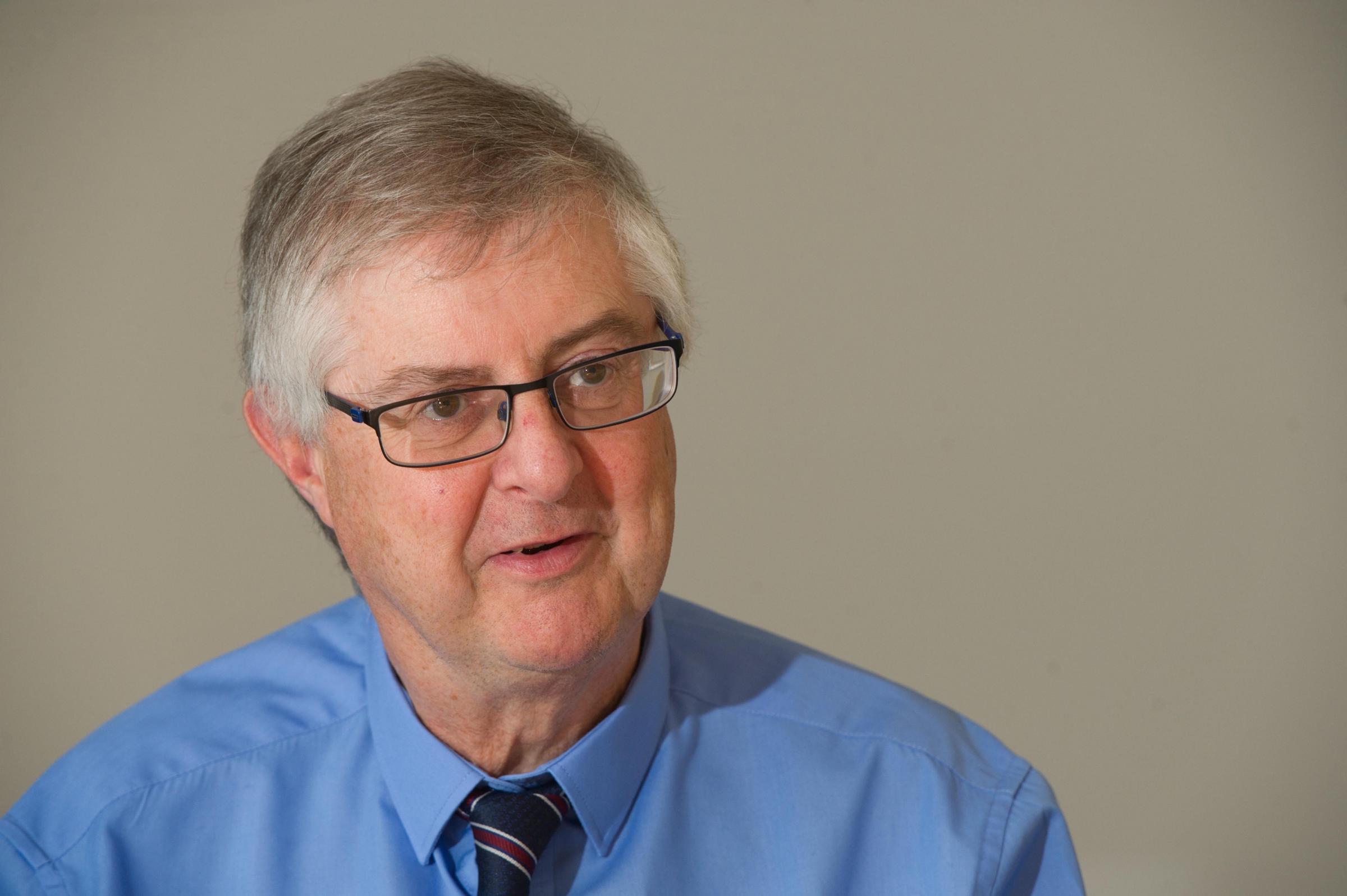
MARK Drakeford, First Minister of Wales, has today announced legislation which will restrict those coming from coronavirus hotspot’s from travelling to Wales.
The Prime Minister, Boris Johnson has refused to impose rules which prohibit those from areas where the infection rate is high from entering low virus rate areas’s.
Mr Drakeford has made two requests to the Prime Minister requesting to impose rules which will mean those from high virus areas in England be prohibited from travelling to Wales, a request which has been denied by Mr Johnson.
The powers set by Mr Drakeford will come into force by the end of the week, unless Boris Johnson takes action sooner.
Speaking at the Plenary today, Mr Drakeford made the announcement, stating if Mr Johnson does not reply to his request by Friday then The Welsh Government will bring in legislation to restrict travel from those in English lockdown areas travelling to Wales.
Mr Drakeford said this was not a case of all those from England being restricted travel to Wales, just hotspot areas.
He said: “Evidence from public health professionals suggests coronavirus is moving from east to west across the UK and across Wales. As a general rule, it is concentrating in urban areas and then spreading to more sparsely populated areas as a result of people travelling.
“Much of Wales in now subject to local restriction measures because levels of the virus have risen and people living in those areas are not able to travel beyond their county boundary without a reasonable excuse. This is designed to prevent the spread of infection within Wales and to other areas of the UK.
“We are preparing to take this action to prevent people who live in areas where there are higher Covid infection rates across the UK from travelling to Wales and bringing the virus with them.
“I am determined to keep Wales safe.”
The legislation, which is understood to come into force Friday, October 16 at 6pm, will mean those travelling to Wales from areas of England which are classed as virus hotspot’s will be restricted.
The new legislation also restricts those travelling into Wales from high virus prevalence areas from Northern Ireland and Scotland.
The Leader of the Opposition in the Welsh Parliament – Paul Davies MS – has rounded on the First Minister over a ban on people entering Wales from England, and the Labour Party’s inability or unwillingness to publish comprehensive data proving that transmission rates are accelerating due to travel.
Mr Davies took the First Minister to task during Plenary today (October 14), and referred to a statement made by the leader of the Labour Party on September 23 when he said that the Welsh Government was not seeing any spikes at all in infection due to travel and tourism.
Mr Davies said that the people of Wales deserve to have sight of the data that underpins the Welsh Labour-led Government’s position on this matter, so that they can be confident that the Government’s actions are proportionate to the threat of the virus in their area.
Mr Davies also referred to a paper that accompanied the First Minister’s letter to the Prime Minister yesterday, a paper – that was not peer-reviewed – that confirms the data “…does not constitute definitive proof” in favour of a travel ban.
Mr Davies said: “The First Minister and his Government have acted rashly and without examining a range of other factors before a conclusion on whether to impose a travel ban or not is reached, while at the same time seemingly ignoring the fact that transmission rates in relation to travel had already peaked in August and September.
“It is incumbent on the First Minister to explain just why he has chosen to act in this way, and what supporting evidence he and his Ministers have seen to justify a ban and then publish it so it can be properly scrutinised.
“If he cannot or will not, then he must review and rescind this ban immediately.”
Politics
Porthgain holiday let scheme approved by national park
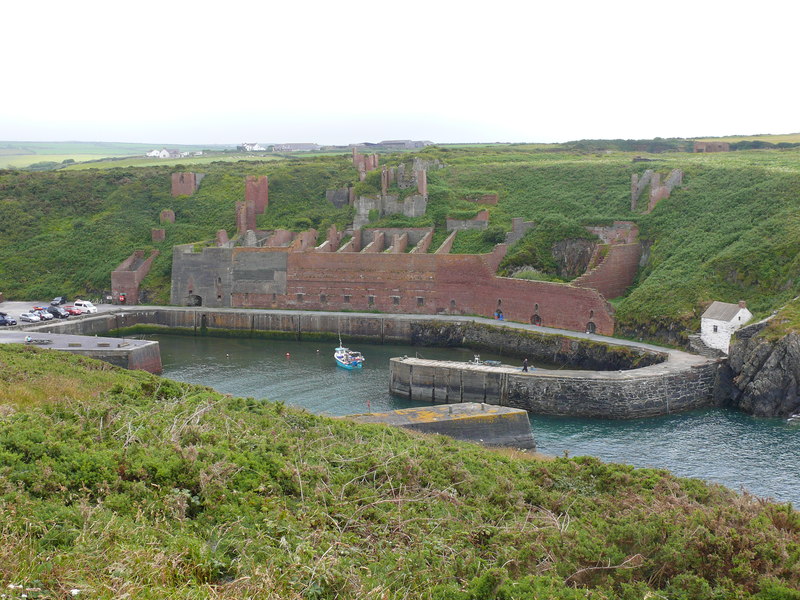
A CALL to regularise the use of an annexe as a holiday let at the Pembrokeshire seaside village of Porthgain has been given the go-ahead.
In an application to Pembrokeshire Coast National Park, Ryan Davies sought permission for a change of use of a previously occupied annexe at Gallery Cottage, Harbour Lights Gallery, Porthgain for use as a short-term holiday let.
An officer report recommending approval said: “This application seeks consent for a change of use from the existing C3 use of the annexe known as Gallery Cottage to allow both family and guest short stays. The annexe had originally been given consent for use purely incidental to the enjoyment of the main dwelling. However, the annexe is currently in use as a short-term holiday let.
“An application under Section 73 has previously been submitted to allow the subdivision of the property as a whole in order that the use of the annexe as a short-term holiday let could be regularised.
“However, given that this would have involved a fundamental change to the development previously granted, it was considered that a full application would be required.
“It is not considered that the change of use of the annexe to a short-term holiday let would result in harm being caused to the residential amenity of nearby properties, nor the special qualities of the National Park.
“Neither is it deemed that the residential amenities of the dwelling known as ‘Harbour Lights’ or the closest dwelling to the rear would be adversely affected since the unit is separated from the main dwelling by a frame shop, gallery space and an office/store room and on a different level to the nearest other dwelling.”
It added: “This application also seeks to regularise some external changes to the building and boundary treatments since the granting of [a 2021 application for the erection of extension and alterations to provide additional habitable accommodation to existing dwelling following demolition of gallery workshop / shed].
“It is deemed that since the overall form of the annexe remains largely the same, there would be no harm caused to the general character of the area, nor to the special qualities of the Park.”
The application was conditionally approved by park planners.
News
Political leaders and unions react to Milford Haven school assault
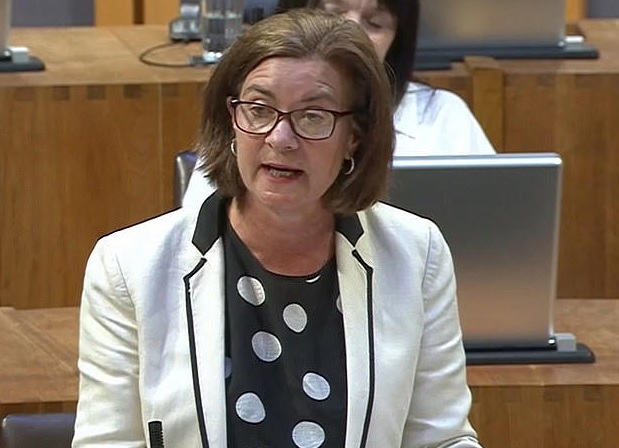
First Minister, MP, MS and teaching unions call for safety and support for staff
POLITICAL leaders and teaching unions across Wales have spoken out following Thursday’s assault on a teacher at Milford Haven School, which led to a lockdown, a major police response and the arrest of a 15-year-old boy on suspicion of attempted murder.
The First Minister Eluned Morgan said she was “deeply concerned” by the incident and stressed that violence had no place in Welsh schools.
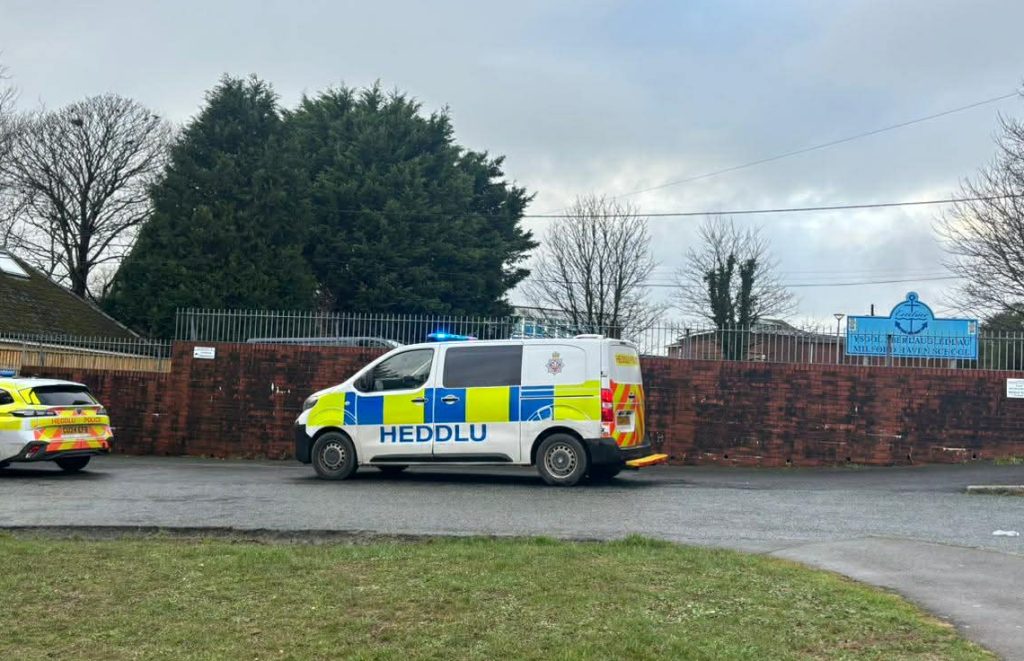
Her comments come just days after she visited the Milford Haven campus following the school being placed into special measures by Estyn, where she met leaders to discuss improvement plans and support arrangements.
She said her thoughts were with the injured teacher, their family and the wider school community, and praised the swift response of staff and emergency services.
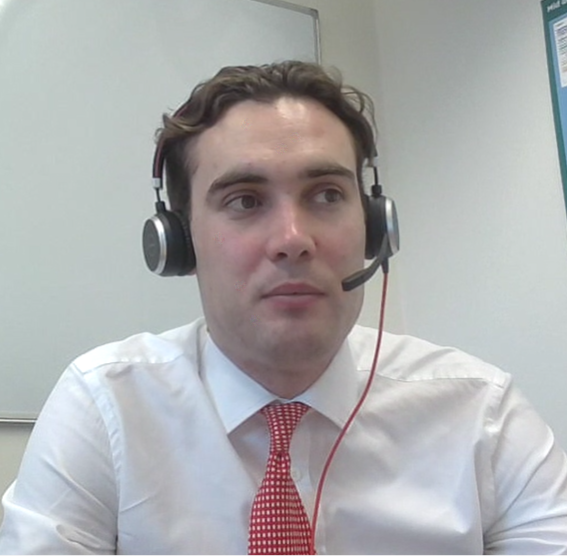
Local MP Henry Tufnell, who represents Carmarthen West and South Pembrokeshire, described the incident as deeply upsetting for what he called a close-knit community.
He said he was thinking of the teacher and pupils affected and thanked Dyfed-Powys Police and ambulance crews for their professionalism.
Meanwhile Senedd Member Samuel Kurtz said: “Deeply concerning news across the water in Milford Haven.
“Sadly, violence in our schools is becoming all too common, and thanks must go to the emergency services for their timely response. Thoughts are with the injured teacher, their family and the wider school community.”
Leader of the Welsh Conservatives Andrew RT Davies said teachers must feel safe at work and called for continued support for school staff.
Teaching unions also responded.
NASUWT said teachers “deserve to feel safe in their workplace” and that any violence against staff must be taken seriously, while National Education Union said schools must remain safe spaces for both pupils and staff and urged continued focus on safeguarding and behaviour support.
All said support would be offered to the Milford Haven school community in the days ahead as police investigations continue.
News
Another Senedd member defects to Reform as Lib Dem MP hits out

David Chadwick MP says James Evans MS ‘put career before constituents’ after party switch
A SENEDD member has defected to Reform UK, prompting sharp criticism from a neighbouring MP who accused him of abandoning his principles to protect his political future.
James Evans has left the Conservatives to join Reform UK, a move that immediately drew fire from local David Chadwick, the Welsh Liberal Democrats MP for Brecon, Radnor and Cwm Tawe.
Mr Chadwick said the switch raised serious questions about consistency and loyalty to voters in mid Wales.

‘Career before constituents’
In a strongly-worded statement, Mr Chadwick said: “What’s clear is that James Evans is more interested in protecting his own career than standing up for his constituents in Brecon and Radnorshire.
“You could fill a library with his past criticisms of Reform and of Conservative defectors. He has described Reform as a danger to national security because of its links to Russia, and warned they would push Britain towards an insurance-based NHS.
“Yet the moment his own seat came under threat, he jumped ship to the very people he once said had no principles.
“The Welsh Liberal Democrats are clear: our principles are not for sale. We will continue to do what we were elected to do, stand up for our constituents, not engage in political psychodrama.”
Past remarks resurface
The comments highlight a series of previous attacks made by Mr Evans on Reform UK and those who had joined the party.
He has previously questioned Reform’s leadership and direction, and suggested the party could not be trusted with the NHS, warning of a move towards insurance-based healthcare.
The Liberal Democrats also pointed to remarks made last year when Mr Evans criticised another Conservative who defected, saying she had “no principles”.
Opponents say those statements now sit uneasily with his own decision to change parties.
Growing political pressure
The defection comes amid increasing competition between parties across rural and mid Wales, with Reform seeking to capitalise on dissatisfaction with both Labour and the Conservatives ahead of the next Senedd election.
Mr Evans has yet to respond publicly to Mr Chadwick’s comments.
-

 Crime1 day ago
Crime1 day agoSex offender jailed after living off grid in Pembrokeshire and refusing to register
-

 Health12 hours ago
Health12 hours agoHealth board targets rise in steroid and gym drug use across west Wales
-

 News3 days ago
News3 days agoPrincess of Wales visits historic Pembrokeshire woollen mill
-

 Crime7 days ago
Crime7 days agoPembroke man accused of child sex offences sent to Swansea Crown Court
-

 Health4 days ago
Health4 days agoDoctor struck off after sexual misconduct findings at Withybush Hospital
-

 Crime14 hours ago
Crime14 hours agoTeacher injured and teenager arrested for attempted murder at Milford Haven School
-

 Community7 days ago
Community7 days ago50s women threaten legal action over pension compensation refusal
-

 Crime3 days ago
Crime3 days agoHakin man’s appeal delayed again as Crown Court seeks guidance on insurance law

























